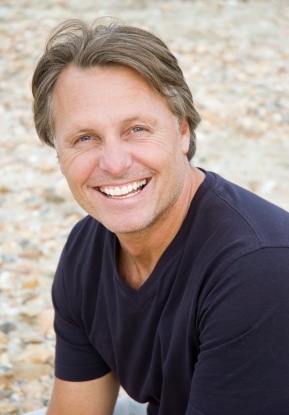Testosterone Boosters In Why Boost Testosterone Levels Without Testosterone we discussed reasons why you might want to use testosterone boosters....

Testosterone Boosters In Why Boost Testosterone Levels Without Testosterone we discussed reasons why you might want to use testosterone boosters....
© 2025 jackomd180. All rights reserved.